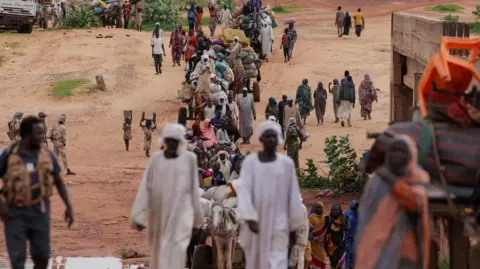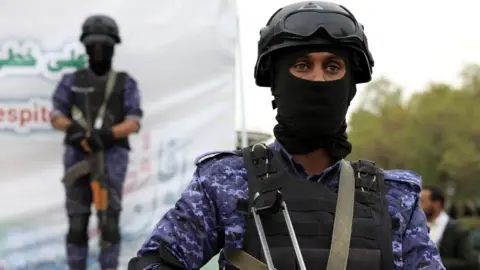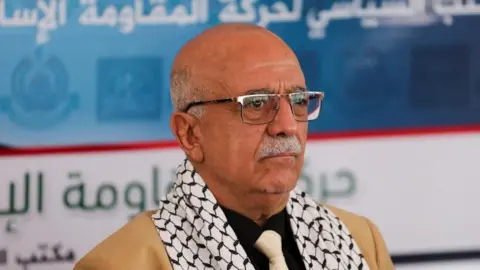DJ Maher Green believes that unity is essential as musicians approach HTS. "We have to be organised before we go to them," he said. After establishing a working relationship with previous government forces, musicians now aim to negotiate their creative space with the new leadership. In contrast to the oppressive Assad regime, which deemed heavy metal subversive, the chaotic environment of civil war allowed artistic expression to flourish.
While many musicians have fled, with approximately 90% of friends resettling in Europe, some chose to remain. Artist Wajd Khair, who had stepped away from music due to the violence, is now eager to re-engage. "We have to be more bold," he insists, emphasizing the importance of their presence in the community.
As HTS claims to break with its extremist past, concerns loom over the music scene's future. While the local culture is traditionally enriched, recent actions, including the temporary closure of significant venues, pose potential threats to artistic expression. Yet, musicians remain hopeful, advocating for the right to coexist with the new regime while continuing to explore creativity.
Understanding the importance of artistic negotiations with HTS, Green expressed the urgency for musicians to stake their claim before the group focuses solely on governance. "We need to unite our opinions now,” he stated, as a variety of genres and cultural blending flourish despite the uncertainties.
As the future unfolds, the resilience of Syria's artistic community remains evident, standing firm against the tides of political and social challenges.
While many musicians have fled, with approximately 90% of friends resettling in Europe, some chose to remain. Artist Wajd Khair, who had stepped away from music due to the violence, is now eager to re-engage. "We have to be more bold," he insists, emphasizing the importance of their presence in the community.
As HTS claims to break with its extremist past, concerns loom over the music scene's future. While the local culture is traditionally enriched, recent actions, including the temporary closure of significant venues, pose potential threats to artistic expression. Yet, musicians remain hopeful, advocating for the right to coexist with the new regime while continuing to explore creativity.
Understanding the importance of artistic negotiations with HTS, Green expressed the urgency for musicians to stake their claim before the group focuses solely on governance. "We need to unite our opinions now,” he stated, as a variety of genres and cultural blending flourish despite the uncertainties.
As the future unfolds, the resilience of Syria's artistic community remains evident, standing firm against the tides of political and social challenges.

















